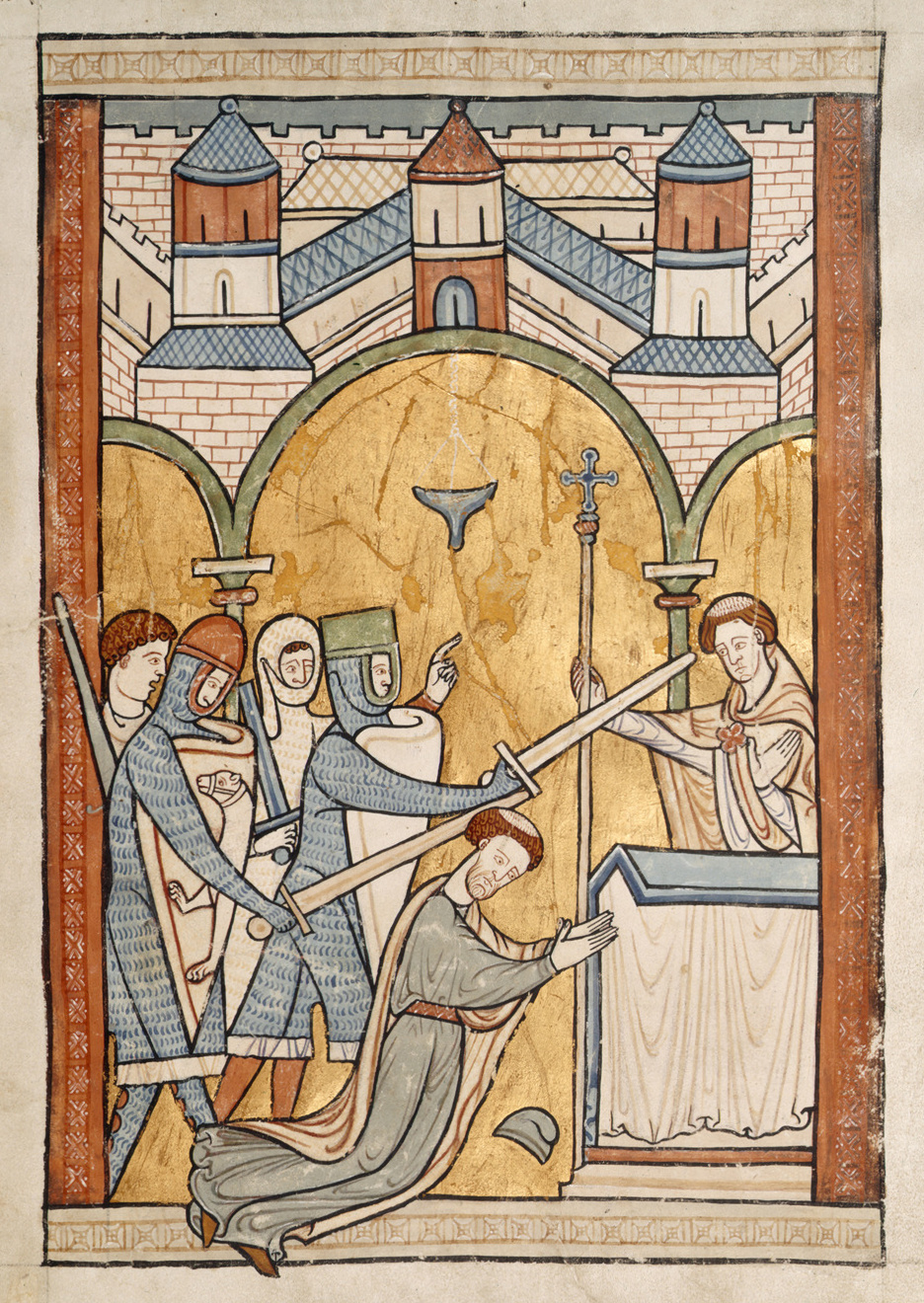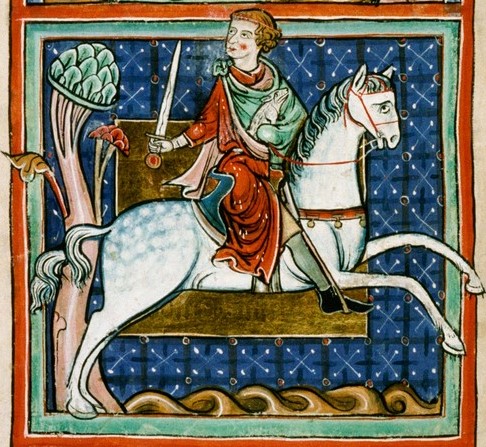Professors
- Mawy Bouchard – Département de Français
- Victoria Burke – Department of English
- Marie-Pierre Bussières – Department of Classics and Religious Studies
- Antoine Côté – Department of Philosophy
- Dominique Côté – Department of Classics and Religious Studies
- Jitse Dijkstra – Department of Classics and Religious Studies
- Kouky Fianu – Department of History
- Louise Frappier – Department of Theatre
- Geoffrey Greatrex – Department of Classics and Religious Studies
- James Nelson Novoa – Department of Modern Languages and Literatures
- Cristina Perissinotto – Department of Modern Languages and Literatures
- Pierluigi Piovanelli – Department of Classics and Religious Studies
- Kathryn Prince – Department of Theatre
- Geoffrey Rector – Department of English
- Andrew Taylor – Department of English
Part time professors
- Geneviève Bazinet, PhD, Adjunct Professor, Department of Music
- Pascale Duhamel, PhD, Adjunct Professor, Department of Music
- Caroline Prud’homme, PhD, Département de français
Areas of Research
- Manuscript culture
- Women’s writing
- Gender and sexuality
- History of reading
- History of literary, religious and universitary institutions
- History of the book and of booktrades in the Middle Ages and the Renaissance
- Renaissance Italy
- Jews and Christians in the Renaissance
- French literature of the Middle Ages
- Literature, religion, and philosophy from Late Antiquity to the Renaissance
- Literature and historiography in Late Antiquity
- Production and social use of writing
- Rhetoric and education in Late Antiquity
- Theatre in the Middle Ages and the Renaissance



